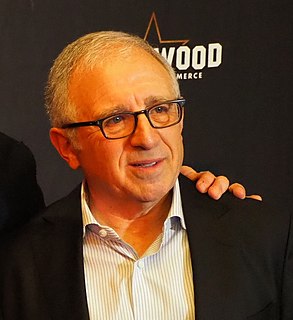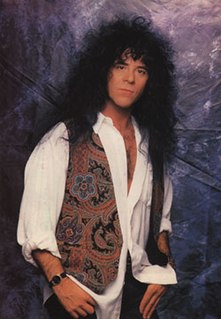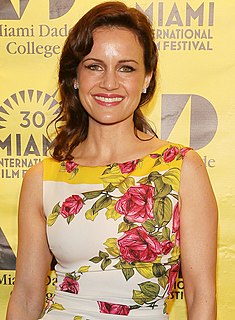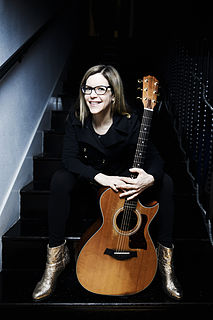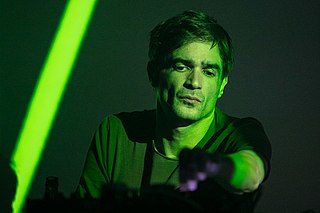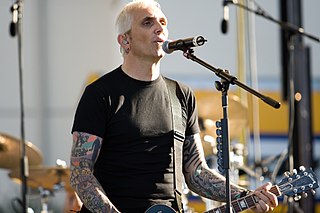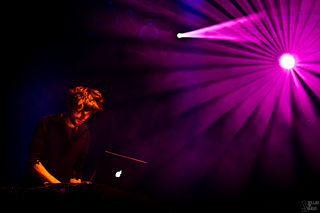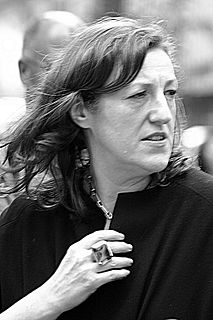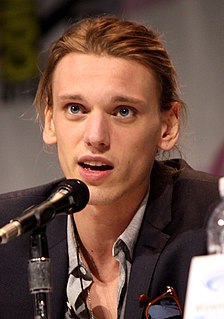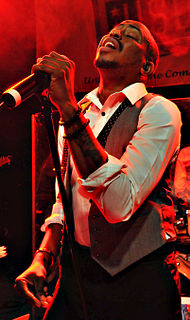A Quote by Taj Mahal
When I was a kid, there was so much talent outside of recorded music.
Related Quotes
Since the traditional recorded-music business models have drastically changed, there is truly diminished income derived from recorded music by artists - both current and catalog. The touring industry has become much more important as a majority revenue stream and the ancillary fan experiences and promotions that may be derived from it.

